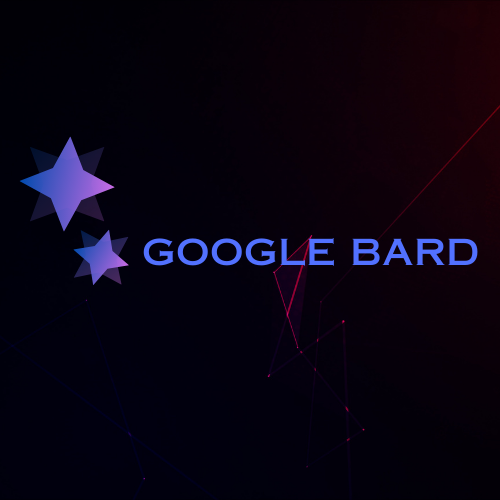
In the ever-evolving world of digital marketing, Google Ads stands out as one of the most powerful tools for reaching a highly targeted audience and driving business growth. Crafting and executing successful Google Ads campaigns requires a blend of strategic thinking, creativity, and data-driven decision-making. Whether you’re a seasoned marketer or a business owner looking to maximize your online presence, mastering the art of Google Ads can make a significant impact on your advertising efforts. Here are some essential tips to help you run successful Google Ads campaigns.
1. Understand Your Audience
Before diving into creating ads, it’s crucial to understand your target audience. Who are your ideal customers? What are their interests, demographics, and online behaviors? Utilize tools like Google Analytics and market research to gather insights. By knowing your audience, you can tailor your ads to resonate with their needs and preferences.
2. Set Clear Goals
Every successful campaign starts with clear objectives. Are you aiming to increase website traffic, generate leads, boost sales, or enhance brand awareness? Define specific, measurable, achievable, relevant, and time-bound (SMART) goals for your Google Ads campaigns. This clarity will guide your strategy and help you track the effectiveness of your efforts.
3. Choose the Right Keywords
Keywords are the foundation of Google Ads campaigns. Extensive keyword research is essential to identify relevant and high-performing keywords that potential customers are likely to search for. Use tools like Google Keyword Planner to find keywords with appropriate search volumes and competition levels. Incorporate these keywords into your ad copy and landing page content for better relevance.
4. Craft Compelling Ad Copy
Writing compelling ad copy is an art in itself. Your ad copy should be concise, engaging, and directly address the needs of your audience. Highlight the unique value proposition of your product or service and include a clear call-to-action (CTA). A well-crafted ad copy increases the chances of clicks and conversions.
5. Design Landing Pages with Conversion in Mind
The landing page is where users land after clicking on your ad. Design landing pages that align with the ad’s message and offer a seamless user experience. Ensure fast loading times, mobile responsiveness, and a clear path to conversion. Whether it’s making a purchase, filling out a form, or signing up, the landing page should make the conversion process intuitive.
6. Implement Ad Extensions
Ad extensions provide additional information and opportunities for users to engage with your ads. Extensions like site links, callouts, and structured snippets can enhance your ad’s visibility and convey more value to users. Take advantage of ad extensions to provide relevant information and encourage interaction.
7. Monitor and Optimize Regularly
Launching your Google Ads campaign is just the beginning. Regular monitoring and optimization are crucial for achieving optimal results. Analyze key performance metrics like click-through rates (CTR), conversion rates, and return on ad spend (ROAS). Use A/B testing to compare different ad variations, keywords, and landing pages to identify what works best for your audience.
8. Budget Wisely
Allocate your budget strategically based on your campaign goals and target audience. Google Ads offers different bidding strategies, such as cost-per-click (CPC), cost-per-impression (CPM), and cost-per-acquisition (CPA). Choose the bidding strategy that aligns with your objectives and optimizes your budget for maximum impact.
9. Leverage Remarketing
Remarketing allows you to target users who have previously interacted with your website or ads. This approach can be highly effective, as it re-engages users who have shown interest but haven’t converted. Craft personalized ads and offers to entice them back and complete their desired actions.
10. Stay Updated on Trends
The digital landscape is constantly evolving, and Google Ads is no exception. Stay informed about the latest updates, trends, and best practices in the world of online advertising. Google’s official resources, industry blogs, and webinars are valuable sources of information to help you stay ahead.
Conclusion
Mastering the art of Google Ads requires a blend of strategy, creativity, and data-driven decision-making. By understanding your audience, setting clear goals, choosing the right keywords, crafting compelling ad copy, designing conversion-focused landing pages, monitoring and optimizing regularly, budgeting wisely, leveraging remarketing, and staying updated on trends, you can create and execute successful Google Ads campaigns that drive results and contribute to your business growth.



















